The Beautiful Russian Girl Who Deceived Armies: At 16, Disguised Herself as a Man to Become a Hero in Both World Wars.H
8-10 minutes 7/24/2025
In an era when societal norms confined women to supportive roles far from the battlefield, Kira Bashkirova shattered expectations with her relentless courage and determination. From disguising herself as a man to fight in World War I to serving as a senior nurse in World War II, Bashkirova’s story is one of defiance, bravery, and sacrifice. Her exploits, detailed in sources like Russia Beyond (October 7, 2021), reveal a woman who repeatedly returned to the front lines despite being sent home multiple times. This analysis explores Bashkirova’s extraordinary journey, her impact on challenging gender roles, and her enduring legacy, crafted to captivate true crime and history enthusiasts on platforms like Facebook, where tales of unsung heroes spark passionate discussions.
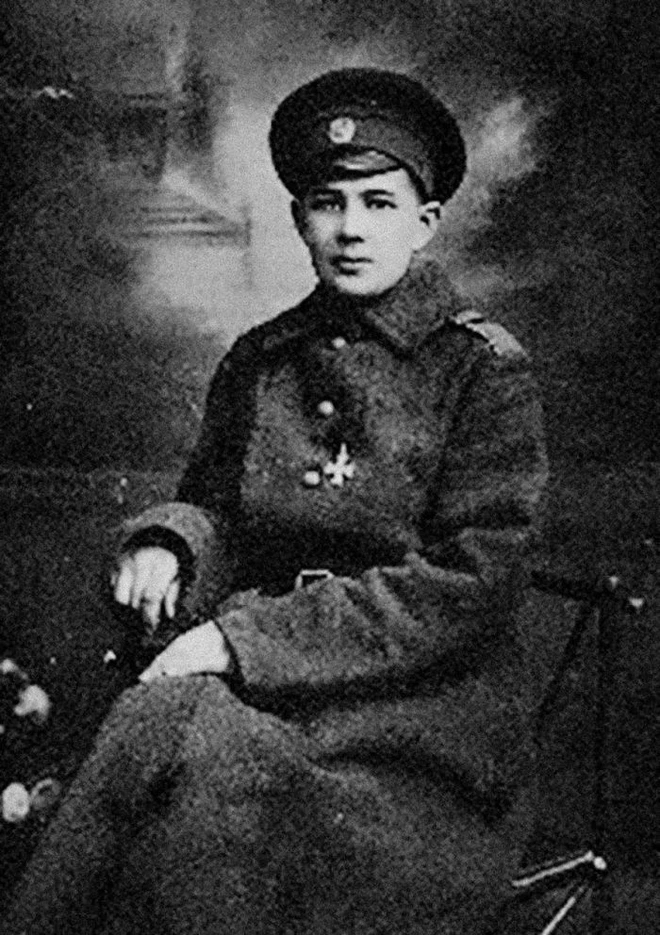
Nikolay Popov – The Legendary Heroine
Defying Norms: Kira’s World War I Exploits
During World War I, societal expectations relegated women to rear-guard roles like nursing or logistics, with combat deemed a male domain. Yet, at just 16, Kira Bashkirova rejected these constraints. Stationed in Vilno (now Vilnius) at a women’s academy when war broke out, she knew enlistment was impossible for women. Undeterred, she cut her hair, sold personal belongings to buy a soldier’s uniform, and used her cousin Nikolay Popov’s student ID to join the 88th Petrovsky Infantry Regiment in Lodza, Poland, per Russia Beyond (October 7, 2021).
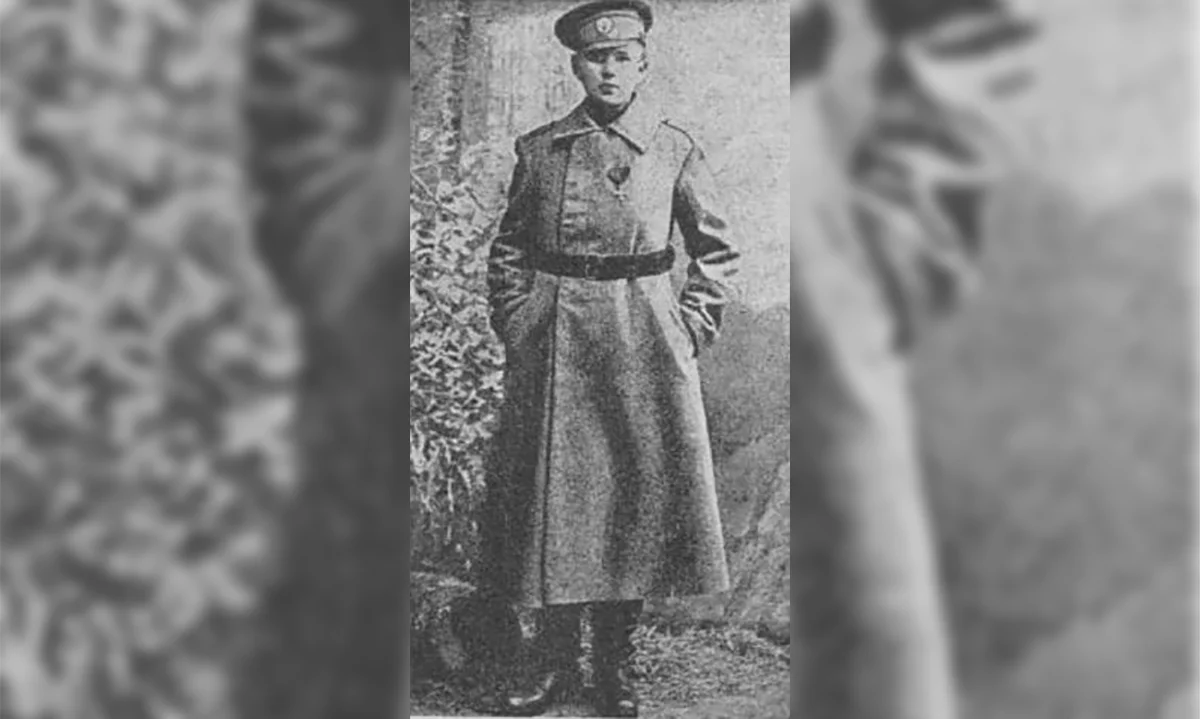
As “Nikolay Popov,” Kira excelled, undertaking daring reconnaissance missions. In one nighttime operation, she single-handedly captured an enemy soldier after her wounded comrade could not assist, earning the prestigious Cross of St. George 4th Class. Her disguise was meticulous—she bathed separately, mimicked a male voice, and blended seamlessly with her comrades. Letters to her family revealed her secret, but they could only accept her choice. Her true identity was uncovered during a hospital stay due to illness, leading to her dismissal from the front. Remarkably, her commanders honored her bravery with a thank-you letter, preserving her military awards.
Family vacation packages
Kira’s resilience shone through. Rather than returning home, she reenlisted as “Nikolay Popov” in a new unit, only to be wounded and discovered again. Undaunted, she petitioned to fight under her real name, a request granted in 1917, allowing her to serve legally with the 30th Siberian Infantry Regiment until the war’s end. Her story, chronicled in Zadushevnoe Pismo (1915), captivated readers, with X posts today marveling, “Kira was a badass—fighting as a man in WWI!” while others debate, “Was it bravery or recklessness?”
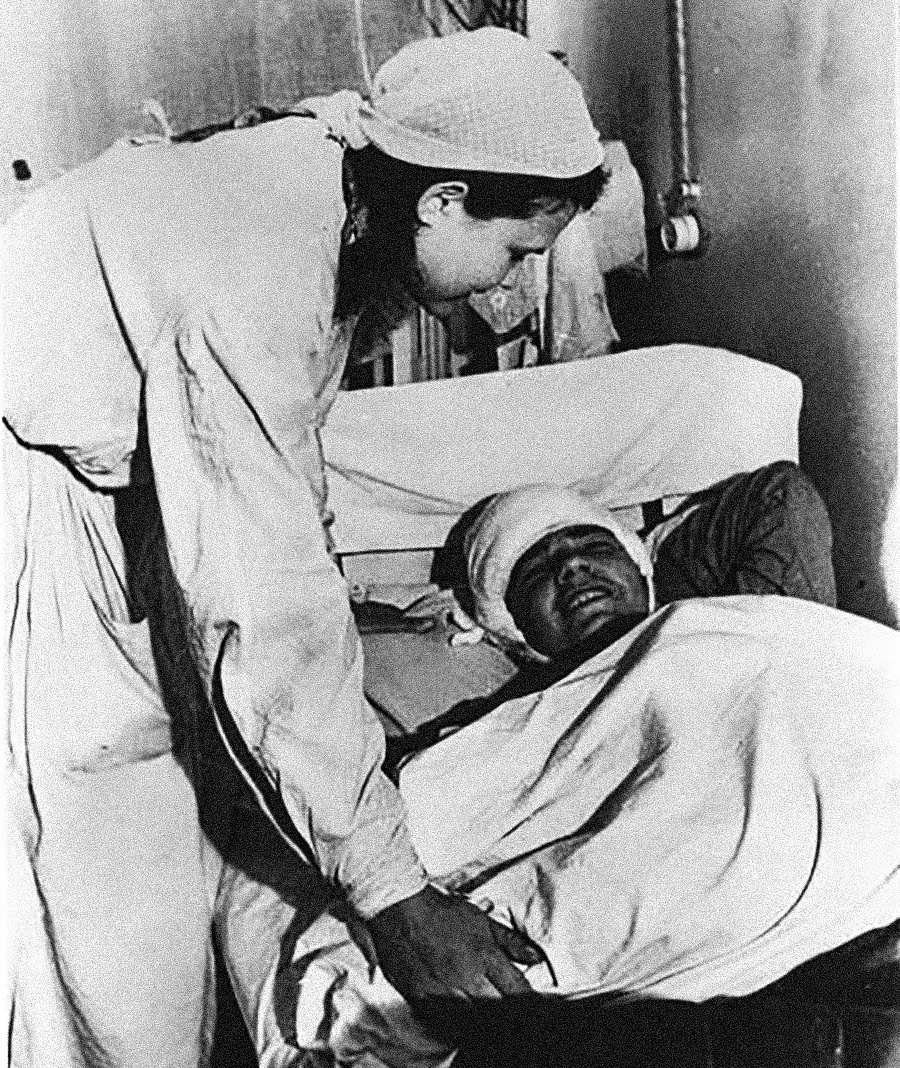
Later, after her identity as a woman was revealed, she became the head nurse at the Murmansk military hospital.
A New Chapter: World War II Service
After World War I, Kira shifted focus to humanitarian work, establishing an orphanage in Poltava, Ukraine, reflecting her nurturing side. But when Nazi Germany invaded the Soviet Union in 1941, the 40-year-old mother of two, now married as Kira Lopatina, returned to the front. Eschewing the reckless exploits of her youth, she served as a senior nurse at the Murmansk military hospital, a critical hub under constant German air raids, per Russia Beyond (October 7, 2021).
Handling the most severe cases, Kira assisted surgeons during operations amidst bombings, showcasing her composure under pressure. Her service earned her the medals “For Service in Combat” and “For the Defense of the Zapolyarye,” recognizing her contribution to the Soviet victory. Social media buzzes with awe: “From WWI soldier to WWII nurse—Kira’s a legend!” Yet, some question, “Why risk it all again with kids at home?” Her dual roles as a combatant and caregiver highlight her versatility, challenging the era’s gender norms.
Breaking Gender Barriers
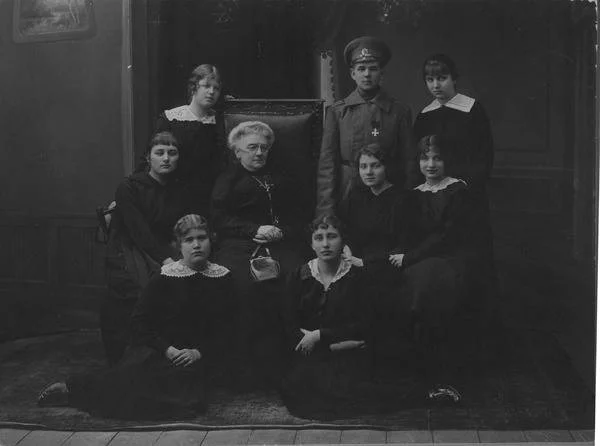
Kira’s story stands alongside other female wartime heroes, like Lyudmila Pavlichenko, the Soviet sniper with 309 confirmed kills, and Mariya Oktyabrskaya, the first female tank driver awarded Hero of the Soviet Union, per Wikipedia (March 22, 2021; July 10, 2011). Unlike Pavlichenko’s lethal precision or Oktyabrskaya’s tank-driving valor, Kira’s covert enlistment and later nursing role reflect a unique blend of audacity and compassion. Her ability to navigate male-dominated spaces—first as a disguised soldier, then as a respected nurse—underscored the potential of women in combat roles, long before Ukraine’s modern female fighters like Yuliia Paievska or Liudmyla Meniuk, per The Guardian (May 29, 2022; October 17, 2024).
Her actions challenged the era’s rigid gender norms, which confined women to support roles. By 1917, her legal enlistment marked a rare victory against systemic barriers, paving the way for future generations. Facebook discussions highlight her impact: “Kira proved women belong on the battlefield!” while skeptics note, “She had to hide her identity—shows how tough it was for women.” Her legacy resonates in Ukraine’s current conflict, where women like Meniuk lead as combatants, reflecting progress Kira helped initiate.
Cultural and Social Media Impact
Kira Bashkirova’s story captivates modern audiences, blending historical heroism with feminist undertones. On platforms like Facebook, her tale sparks viral engagement, with posts like “Kira disguised herself to fight in WWI—talk about girl power!” and “Her courage in both wars is unreal!” True crime and history buffs dissect her motives, with some praising her patriotism and others debating the risks of her deception. The narrative’s appeal lies in its mix of adventure, defiance, and sacrifice, resonating with fans of unsung heroes like Pavlichenko or modern figures like Paievska, per New York Times (May 22, 2022).
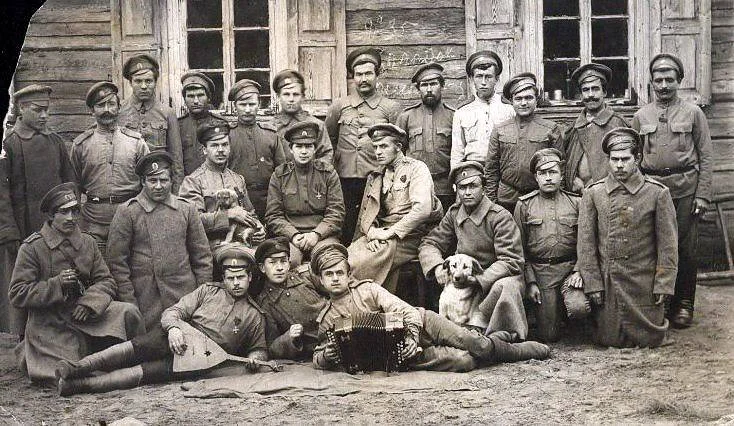
The story also fuels debates about gender in warfare. Some X users argue, “Kira’s proof women can outshine men in combat,” while others counter, “Her disguise shows the system was stacked against her.” Her medals and wartime contributions elevate her to legendary status, making her a perfect topic for Facebook’s history groups, where fans share memes and anecdotes about her daring. The contrast between her WWI combat role and WWII nursing highlights her adaptability, driving discussions about women’s evolving roles in conflict.
Historical and Modern Relevance
Kira’s defiance mirrors modern Ukrainian women’s contributions, from Paievska’s “Taira’s Angels” saving lives in the Russo-Ukrainian War to Meniuk’s leadership in armored units, per Euromaidan Press (October 17, 2024). Her story underscores the historical struggle for gender equality in military roles, a fight continuing today as Ukraine’s female soldiers push for better uniforms and recognition, per Rubryka (March 8, 2023). Unlike Pavlichenko, who faced enemy snipers, or Oktyabrskaya, who drove tanks, Kira’s covert approach required psychological resilience, a trait echoed in today’s volunteers like Yevhenia Kolesnichenko, who became a nurse after personal loss, per The Guardian (November 13, 2023).
Critically, her story lacks the darker controversies of figures like Harold Shipman, whose calculated crimes as a Capricorn contrast sharply with Kira’s heroic discipline, per The Sun (July 15, 2025). While astrology enthusiasts might note her Capricorn traits—determination and pragmatism—no evidence suggests zodiac-driven behavior, aligning with Psychology Today’s 2018 findings. Her legacy is one of action, not speculation, inspiring posts like “Kira’s courage > any zodiac nonsense.”
Kira Bashkirova’s journey from a disguised WWI soldier to a WWII senior nurse, as detailed by Russia Beyond (October 7, 2021), is a testament to her unyielding spirit and defiance of gender norms. Her daring enlistment as “Nikolay Popov,” earning the Cross of St. George, and her later service under Murmansk’s bombs highlight a life of courage and sacrifice. For Facebook audiences, her story blends historical drama, feminist triumph, and wartime heroism, sparking debates about women’s roles in conflict. As Ukraine’s modern female fighters carry her torch, Kira’s legacy endures, proving that bravery knows no gender. Whether sneaking onto WWI battlefields or saving lives in WWII, Bashkirova’s story captivates, reminding us that heroes can emerge from the most unlikely places, forever etching their names in history.




